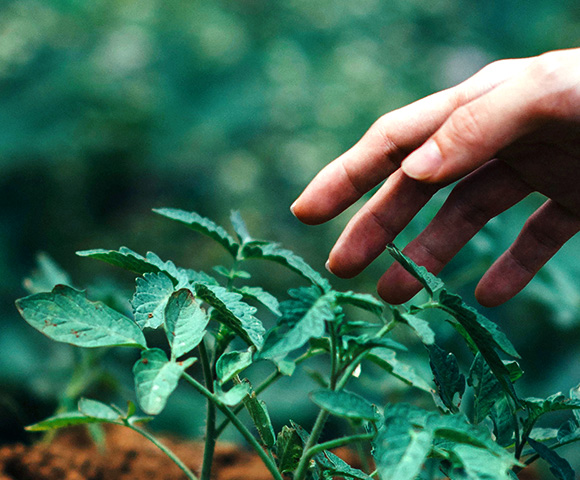

Plants have a much longer history than do humans, and humans have been living with the help of plants not only as food but also as medicine.
In this regard, the saying 'remedy and food have the same source' may have emerged. That is, food and medicine are the same thing, and 'a disease that cannot be cured with food cannot be cured with medicine either'.
In other words, plants are to be both food and medicine.
It is not known exactly when plants were used as medicine, but it is estimated that they were introduced to Korea in about the 5th and 6th centuries. Around this time, China and Japan were also estimated to have steadily studied and utilized plants as therapeutic agents.
Plant Therapy has been continuously used clinically, and in Korea, representative, Heo Jun systematically organized Integrated Natural Medicine (INM) in Donguibogam in 1610.
However, in the 19th century, the worth and significance of Integrated Natural Medicine (INM) rapidly faded due to the scientific standardization of Western medicine, and disregarded all the more especially by the medical education system represented by medical colleges and medical licenses from the West.
Although the field of anti-cancer has become a so-called outstanding achievement of Western medicine, it seems that there is no progress in anticancer treatment in the past 50 years since the development of anti-tumor drugs in Western medicine. Rather, patients are said to be dying from chemotherapy, and even now they are still suffering from surgical excisions, chemotherapy with harmful substance, and radiation therapy that burns.
It is no exaggeration to say that cancer treatments have come to be synonymous with painful process suffering of side effects, which is a serious problem considering that all of us, entering an aging society of up to 100 years, are potentially likely to become cancer patients in the future.
Therefore, to improve these cancer treatment methods, global pharmaceutical companies and research institutes are conducting various research and development in the 21st century. In addition to existing anticancer treatment methods, they are paying attention to complex combination treatment methods that include the improvement of the body's immunity, dietary therapy, and furthermore, phytotherapy using plants without side effects.
Among these, plant therapy is a method with a long history and has been clinically verified to have less side effects, but it still lacks scientific data, standardization, and systematic industrialization, which keep it from securing its position as a primary anticancer drug. Thus, many researchers are seeking to improve measures now.
So, H&O Biosis aims to provide a new value of a natural complex anticancer drug based on plants with no side effects, so that we can contribute to improving all human health and quality of life.